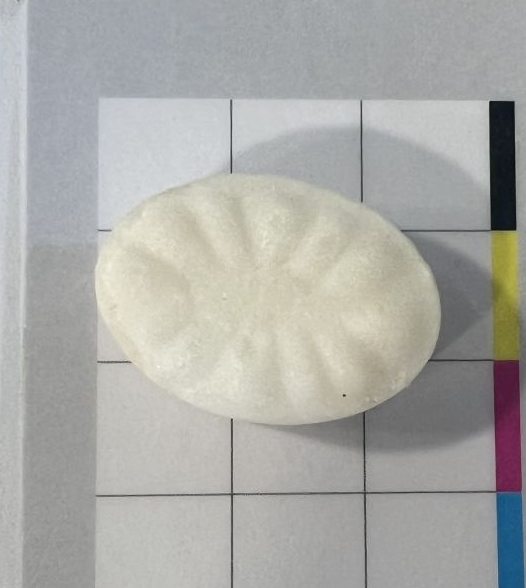
There’s been a lot of media buzz about methamphetamine disguised as Rinda pineapple lollies over the last few days. Understandably, many people are anxious about this situation. To help clear things up, we’ve answered your most common questions.
If you want to learn more about what happened, see our article about the situation here.
Q: Will I feel sick or high if I touch or smell meth?
A: You cannot get sick or high from touching or smelling methamphetamine. We know that people might be a bit nervous about this, but rest assured it’s not true!
Q: Why do I need to go to the hospital if I’ve eaten one of these lollies?
A: Methamphetamine in common doses is very unlikely to cause an overdose. The issue with these lollies is that people who were given them didn’t know they were methamphetamine, which is what makes it a really risky situation. The lollies also contain a lot of methamphetamine – up to 300 doses, which is a potentially lethal amount. Taking this much meth puts a huge amount of strain on your heart and body.
Q: Are they actually methamphetamine laced lollies?
A: Based on what we know, these aren’t lollies laced with methamphetamine. They are actually just blocks of methamphetamine that is made to look like a lolly. These lollies do not contain any lolly ingredients and have a bitter, chemical taste - which is thankfully why the people who’ve tried them have spat them out.
Q: How does drug checking work and will they involve police if they find something dangerous?
A: This lolly was first detected at a drug checking clinic. It’s really important to us that people who use drugs trust drug checking services in New Zealand. By law, drug checking services are completely confidential. We will never take any identifying information from you, and you cannot be prosecuted by police for using the service. Our drug checking services take extra steps to keep people anonymous, like giving every sample we test a randomly generated code.
If we do find something dangerous at a drug checking clinic that could cause harm in the community, we let our friends at High Alert know. High Alert run our drug early warning system that is focused on keeping the public safe, especially when there are dangerous substances that are sold as something else.
In the case of the methamphetamine disguised as a lolly, our drug checking team tested an initial sample and followed our usual process. The Auckland City Mission then contacted Police when they discovered these contaminated lollies had been distributed in their food parcels.
Q: If I found one of these lollies am I going to be in trouble with the police for having drugs on me?
A: No, the people who were given these lollies did not know they contained methamphetamine. You can contact the police and arrange for them to pick it up or for you to drop it off at a police station - you won’t be in trouble for having the lolly on you.
Q: If I licked or tasted the lolly am I going to die?
A: We know there’s a lot of scary information in the media right now, and while the whole lolly could contain as many as 300 doses of methamphetamine, if you have just licked or tasted it you will not have ingested a large amount of meth. Try to stay as calm as you can. In these cases, we still recommend that people contact a healthcare provider, the National Poisons Centre (0800 764 766) or Healthline (0800 611 116) - they will talk you through what to do next.
If you are feeling unwell, call 111 or go to your nearest hospital.
If a child has tasted, licked or swallowed the lolly, it’s recommended you call 111.
Q: Where can I get more information?
For general harm reduction information on drugs, explore The Level.
For notifications and alerts about dangerous drugs in New Zealand, sign up to High Alert
For information about the methamphetamine disguised as lollies case, you can view updates on the New Zealand Police website.
Related stories
Recent stories
Tū Whakaruruhau: the study exploring meth experiences
Tū Whakaruruhau study aims to understand more about people's experiences with meth and learn how to help people overcome addiction.
Four things you need to know about the latest overdose stats
We take a look at the latest stats on overdoses in New Zealand, and what we can learn about staying safer with drugs.
Mana Over Meth: A story of recovery
We spoke to the two wāhine behind Mana Over Meth, a short documentary about the ways connection can help people overcome addiction.
